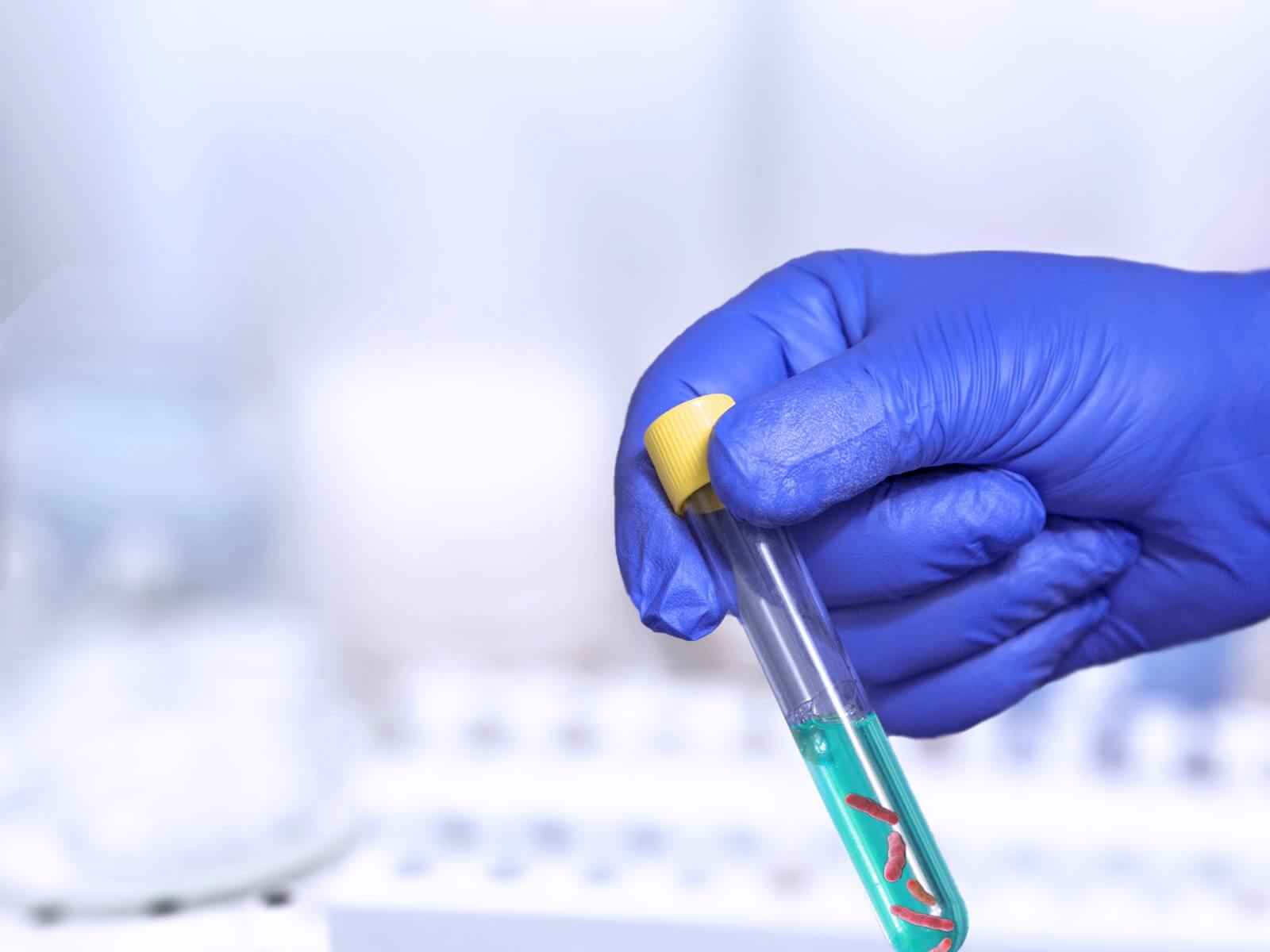
Pelvic pain refers to the pains experienced below your belly button and at the point of hips. It can either be a boring pain or a burning pain. It may be permanent or temporary, present in both men and women and it may be aroused by movement, digestion or even sex.
Pelvic pain can show up in different ways:
Pelvic pain has many possible causes. Some include:
At GastroDoxs in Jersey Village, our board-certified gastroenterologist specializes in diagnosing and treating pelvic pain through a patient-centered approach. We rely on the ICD-10 code R10.2 to provide exact evaluations and offer customized treatments based on pelvic floor physical therapy, targeted medications, nutrition advice, and stress management to address the cause of your discomfort. Do not allow pelvic pain to restrain you. Contact us today at 832-632-4070 or book your appointment online to receive expert care carefully and specifically designed to meet your unique needs.
We've successfully treated more than 2K patients, helping individuals improve their digestive health and overall well-being through expert, personalized care.
With over 20 years of experience, GastroDoxs has been a trusted provider of gastroenterology care, focusing on delivering the best outcomes for patients
The code of pelvic pain contained in the ICD-10 is R10.2, and it is necessary to provide the correct tracking, billing, and treatment planning.
Postcoital pain may be as a result of endometriosis, infection of the reproductive tract, tightness of the pelvic floor muscles, or other underlying illnesses that should be evaluated.
Yes. Bacterial vaginosis (BV) may cause inflammation of vaginal tissues, leading to pelvic pain or discomfort.
Back and pelvic pain can occur together due to muscle strain, pelvic floor muscle tightness or imbalance, nerve irritation, kidney problems, or uterine disorders.
Yes. Pelvic pain in men can be associated with inflammation of the prostate, urinary tract infections, hernias, or nerve-related issues within the pelvic area.
Pelvic girdle pain refers to pain in the hips and lower back during pregnancy, typically caused by hormone-induced joint looseness and added physical stress.
Yes. In the third trimester, as the baby grows larger, increased weight and pelvic pressure can cause pain and discomfort.
Radiating back pain to the pelvic area in women may result from overstrained or tight pelvic floor muscles, nerve compression, or conditions such as endometriosis.
If pelvic pain persists for more than seven days or disrupts daily activities, it is important to consult a specialist. In Jersey Village, GastroDoxs gastroenterologists can provide expert evaluation and management.
GastroDoxs offers comprehensive evaluation, targeted testing, and personalized treatments such as physical therapy, medications, nutritional guidance, and stress management to address both the symptoms and underlying causes of pelvic pain.